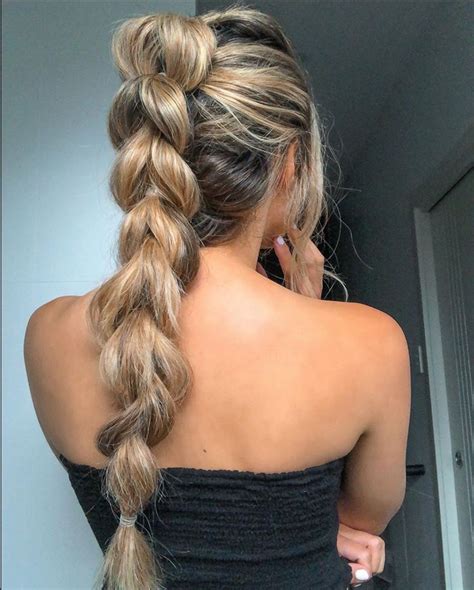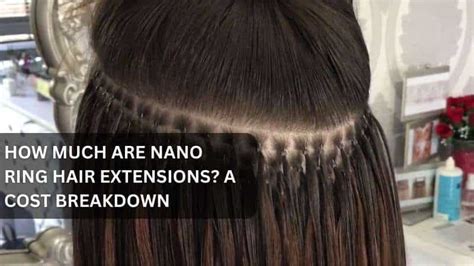The Multi-Faceted Cost of Weave Extensions
The allure of weave extensions is undeniable, empowering individuals to transform their hairstyles with newfound versatility and length. However, embarking on this journey comes with a multifaceted cost that extends beyond monetary considerations. From the initial investment to the ongoing maintenance, understanding the financial implications is crucial for making informed decisions.

Initial Investment: A Spectrum of Options
Table 1: Weave Extension Methods and Costs
| Method | Cost | Description |
|---|---|---|
| Sew-In | $200-$500 | Hair strands are sewn onto existing hair using thread or extensions. |
| Tape-In | $300-$700 | Hair strands are attached to natural hair using adhesive tapes. |
| Micro-Loop | $400-$900 | Hair strands are attached to small loops of natural hair using tiny cylinders. |
| Fusion | $500-$1200 | Hair strands are bonded to natural hair using heat-activated keratin glue. |
| Clip-In | $100-$300 | Temporary extensions that can be clipped in and out as desired. |
The initial investment depends primarily on the chosen extension method, with fusion and micro-loop techniques being the most expensive. Additionally, the length, texture, and quality of the extensions will influence the overall cost.
Ongoing Maintenance: A Continuous Commitment
Table 2: Maintenance Costs for Weave Extensions
| Item | Interval | Cost |
|---|---|---|
| Retightening | Every 6-8 weeks | $50-$100 |
| Repairs | As needed | $50-$200 |
| Hydration and Conditioning | Every 1-2 weeks | $30-$50 |
Ongoing maintenance is essential to preserve the integrity of weave extensions. Retightening ensures a secure fit, while repairs address any breakage or shedding. Regular hydration and conditioning treatments prevent dryness and tangling, prolonging the lifespan of the extensions.
Motivations and Pain Points
Motivations:
- Enhance hair length and volume
- Add color or highlights without damaging natural hair
- Experiment with different hairstyles without commitment
Pain Points:
- Financial burden of initial investment and ongoing maintenance
- Potential damage to natural hair if installed or removed improperly
- Time-consuming installation and maintenance process
- Discomfort during sleep or physical activity
Tips and Tricks to Save Money
- Negotiate with stylists: Discuss potential discounts or payment plans.
- Shop around: Compare prices at different salons or online retailers.
- Buy in bulk: If purchasing clip-in extensions, consider buying multiple sets for a lower per-piece cost.
- Care for extensions properly: Follow recommended maintenance routines to extend their lifespan and reduce the need for repairs.
- Consider semi-permanent methods: Fusion or micro-loop techniques last longer than sewn-in or tape-in methods, potentially reducing overall costs in the long run.
A Step-by-Step Approach to Installation
Step 1: Consultation
Discuss desired style, extension type, and budget with a qualified hairstylist.
Step 2: Purchasing
Select and purchase extensions based on the consultation recommendations.
Step 3: Installation
Have the extensions installed by a professional stylist using the chosen method.
Step 4: Maintenance
Follow the recommended maintenance schedule for retightening, repairs, and hydration.
Step 5: Removal
When ready, have the extensions removed professionally to minimize damage to natural hair.
Beyond the Basics: A New Word
Extensionpreneuring: The innovative practice of utilizing weave extensions to generate income by creating and selling unique hairstyles or extension-related products.
Conclusion
The cost of weave extensions is a complex consideration that encompasses initial investment, ongoing maintenance, and potential benefits. Weighing these factors carefully and employing cost-saving tips allows individuals to make informed decisions that align with their personal style and financial constraints. By understanding the motivations behind extension use and addressing potential pain points, hairstylists play a pivotal role in providing clients with a transformative experience at an affordable price.
